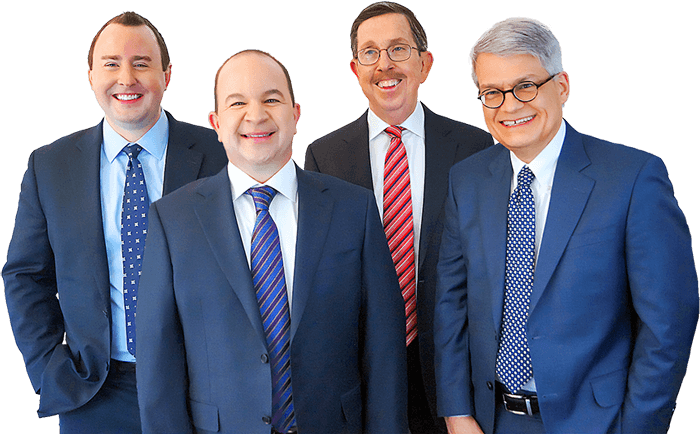Helping Patients Affected by Radiology Misdiagnosis
Our attorneys at Tremont Sheldon P.C. in Bridgeport, Connecticut, have experience protecting the rights of patients harmed by radiology misdiagnosis and other medical mistakes.
The Impact of a Radiology Mistake
Radiology mistakes can result in serious complications for a patient. Failure to diagnose or misdiagnosis by a radiologist or physician is often caused by misreading or misinterpreting the radiologic image.
A radiology mistake can cause misdiagnosis or a delay in a treatment for a patient’s condition. This can vary from treatment for a broken bone, stroke and cancer. Common radiology mistakes include:
- Failure to diagnose an aneurysm
- Failure to diagnose cancer
- Failure to diagnose a bone fracture
- Misreading X-rays
- Administration of wrong dose of radiation
Imaging techniques include X-rays, MRIs, ultrasounds and CT scans. These scans play a vital role in diagnosing and treating a patient. A mistake can lead to serious complications and even death.
Your Options After Medical Negligence
You expect to be properly evaluated by medical professionals. When a radiologist makes an error, your health is put at risk. If you or a loved one has been harmed by a radiology mistake or misdiagnosis, do not wait to speak to us about your legal options.
Our lawyers know how to analyze your case to determine if medical negligence could have been prevented and who can be held liable for your complications. We will help you understand your rights and guide you through the process of filing a medical malpractice claim against the radiologist, doctor and medical facility if they played a role in your care.
Contact Us for a Free Consultation
We will advocate for you and work diligently to build a strong case. A medical malpractice claim may help you receive compensation for your medical care, lost wages, and pain and suffering. It is vital to get your case reviewed as soon as you suspect negligence. We will get to work immediately.
Arrange a free consultation with our lawyers. Call 203-212-9075 or contact us online.

